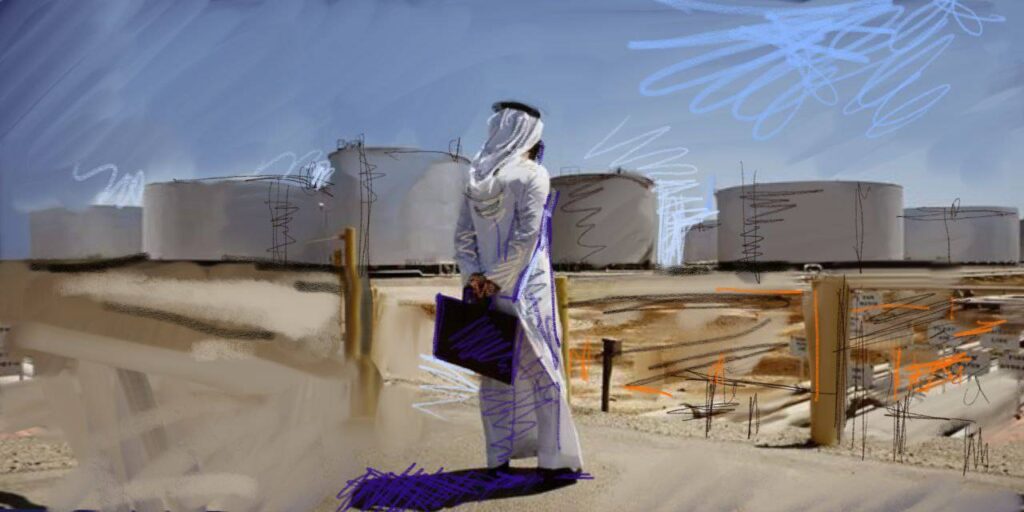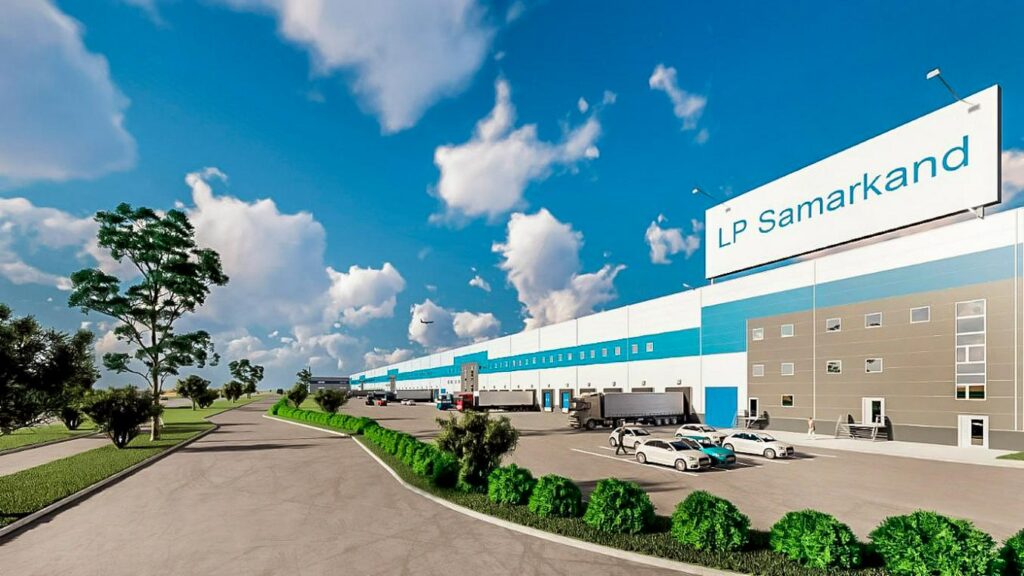Kyrgyzstan and Uzbekistan Launch Joint Projects, Seek to Increase Trade
On July 18, Kyrgyzstan’s president Sadyr Japarov arrived on a state visit to Uzbekistan and held talks with his compatriot Shavkat Mirziyoyev in Tashkent.
Mirziyoyev immediately emphasized that the state visit of the Kyrgyz president opens a new chapter in multifaceted Uzbek-Kyrgyz cooperation.
The negotiations centered on measures to increase bilateral trade turnover, primarily through import substitution programs and industrial cooperation projects.
The parties agreed to establish trading houses in Bishkek and Tashkent, form a portfolio of export-import contracts aiming to increase bilateral trade to $2 billion in the coming years, and launch a “green-light corridor” for the accelerated transportation of agricultural produce and livestock products.
As the portfolio of ongoing industrial cooperation projects has already reached $300 million, the parties agreed to increase the authorized capital of the Uzbek-Kyrgyz Fund to $200 million to boost the financing of such projects.
Identifying cooperation in the energy sector as strategically important, the two leaders spoke about an earlier signing of an agreement on joint construction of the Kambarata HPP-1 in Kyrgyzstan. This will allow for the construction of the hydropower plant to begin.
Mirziyoyev commented: “We will take measures to speed up the signing of a trilateral [also with the participation of Kazakhstan] agreement on constructing the Kambarata-1 hydroelectric power plant. This megaproject will undoubtedly serve the sustainable development of our entire region.”
Japarov emphasized that the key outcome of the negotiations was the signing of a Joint Statement on further deepening and expanding a comprehensive strategic partnership between Kyrgyzstan and Uzbekistan.
Japarov also stressed the importance of an earlier start to the construction of the China-Kyrgyzstan-Uzbekistan railway, which will be strategically important for strengthening the transport connectivity between Kyrgyzstan and Uzbekistan, as well as for the entire Central Asia region.
Japarov and Mirziyoyev also participated in a video conference ceremony to launch joint Kyrgyz-Uzbek projects.
The leaders officially launched the work of a plant for the assembly of cars, trucks, and buses in the Chui region of northern Kyrgyzstan. Construction of the joint Kyrgyz-Uzbek automobile plant to manufacture Chevrolet and Isuzu vehicles began in May 2023, and the first car rolled off its assembly line in May 2024. During the first year of operation, Uzbekistan’s UzAuto Motors will invest $50 million to assemble 10,000 cars. These cars will be the Chevrolet Cobalt, Onix, and Tracker.
The presidents also launched a joint factory in Kara-Balta, northern Kyrgyzstan, to produce linen and knitwear products. The factory will produce 17 thousand tons of knitted fabric annually and 7 million pieces of knitted products.
Finally, the presidents launched the construction of two photovoltaic power plants, each with a capacity of 200 MW, in Uzbekistan’s Fergana and Namangan regions. The electricity generated by the plants will be supplied to Kyrgyzstan.






